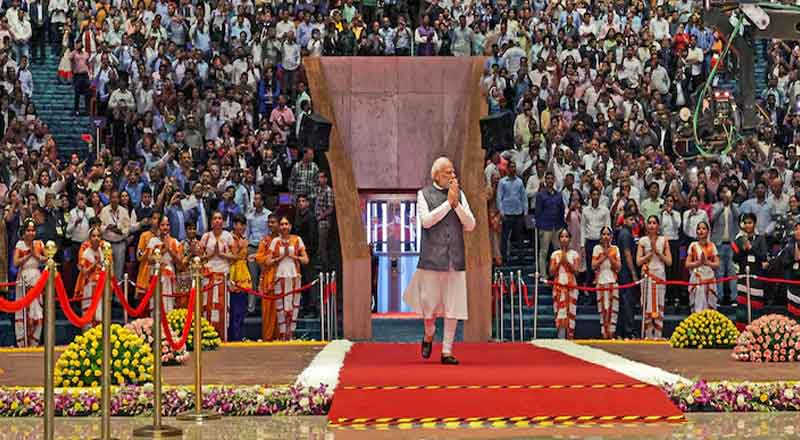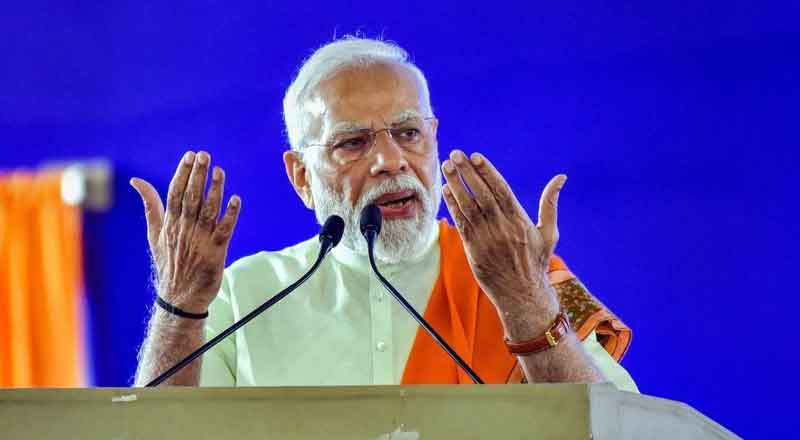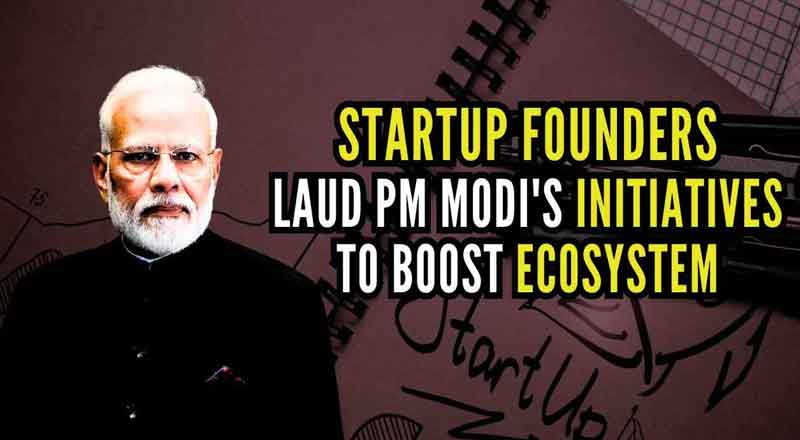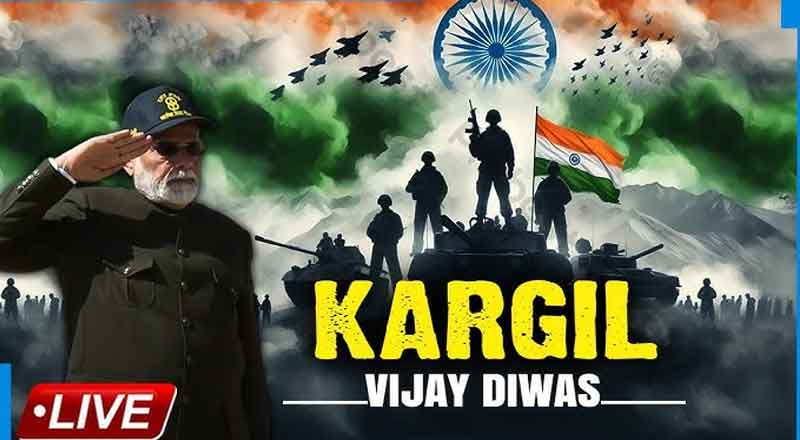Narendra Modi‘s historic swearing-in ceremony for a third consecutive term as Prime Minister of India reverberated across the globe, drawing attention to not only India’s political landscape but also Modi’s vision for the nation and his regional diplomacy.
Modi’s Leadership and Neighborhood Policy
Since assuming office in 2014, Narendra Modi has been a prominent figure in international politics, known for his strong leadership and ambitious policies. One of the cornerstones of Modi’s foreign policy has been his emphasis on strengthening ties with India’s neighbors, promoting regional stability, economic cooperation, and cultural exchanges.
Modi’s “neighborhood first” policy has sought to foster closer relationships with countries in South Asia and beyond, recognizing the importance of a peaceful and prosperous neighborhood for India’s own development and security. This approach has involved initiatives such as the ‘Act East’ and ‘Neighborhood First’ policies, aimed at deepening engagement with Southeast Asian nations and South Asian neighbors, respectively.
American Insight
The Washington Post: The outlet characterized Modi’s third term as a result of “shock election results,” necessitating coalition partnerships for government formation. This sentiment reflects the international interest in India’s evolving political landscape and the implications of Modi’s continued leadership.
The New York Times: Describing Modi’s inauguration as a humbling experience, the NYT saw it as a potential shift towards moderation in India’s diverse democracy, away from a perceived Hindu-centric governance. This observation underscores the global significance of Modi’s leadership style and its impact on India’s socio-political fabric.
Bloomberg: Bloomberg highlighted the grandeur of the ceremony attended by 8,000 individuals, signaling Modi’s first foray into power-sharing and an extension of his leadership. The coverage underscores the global interest in India’s political developments and the symbolism associated with Modi’s inauguration.
British Observations
The Guardian: Terming Modi as India’s “strongman leader,” The Guardian delved into the socio-political implications of his third tenure, analyzing its impact on secularism and democracy. It provided insights into Modi’s past policies and the challenges ahead, reflecting on India’s role as a regional power and its relations with neighboring countries.
BBC: Focusing on the event itself, BBC reported on Modi’s vision for India’s future outlined in his speech, along with the heightened security measures due to the large attendance. It also noted the opposition’s resurgence in the elections, highlighting the domestic political dynamics shaping Modi’s third term.
European Insights
AFP: AFP covered the event comprehensively, detailing arrangements and coalition dynamics, emphasizing the concessions sought by larger coalition partners and Modi’s commitment to the constitution. This comprehensive coverage reflects the international interest in India’s democratic processes and the complexities of coalition politics.
DW: The German outlet underscored the unexpected nature of Modi’s reliance on coalition partners and highlighted the absence of certain neighboring leaders at the ceremony, while mentioning the presence of other regional heads. This analysis reflects the global attention on India’s foreign policy priorities and its relations with neighboring countries.
Qatari Perspective
Al Jazeera: Al Jazeera focused on international responses to Modi’s oath-taking, highlighting compliments from world leaders and analyzing Modi’s leadership style and policies. It noted India’s efforts to strengthen regional ties and the challenges ahead for the coalition government, reflecting on the implications of Modi’s third term for regional stability and economic cooperation.
The international media’s coverage of Modi’s third term inauguration ranged from analyzing its political implications to highlighting the ceremonial aspects and international responses. While some saw it as a move towards moderation and diversity, others scrutinized its potential impact on India’s democracy and regional dynamics. As Modi embarks on his third term, both domestic challenges and international expectations will shape the trajectory of his leadership, particularly in the context of India’s neighborhood policy and its implications for regional stability and economic cooperation.
(With inputs from agencies)





